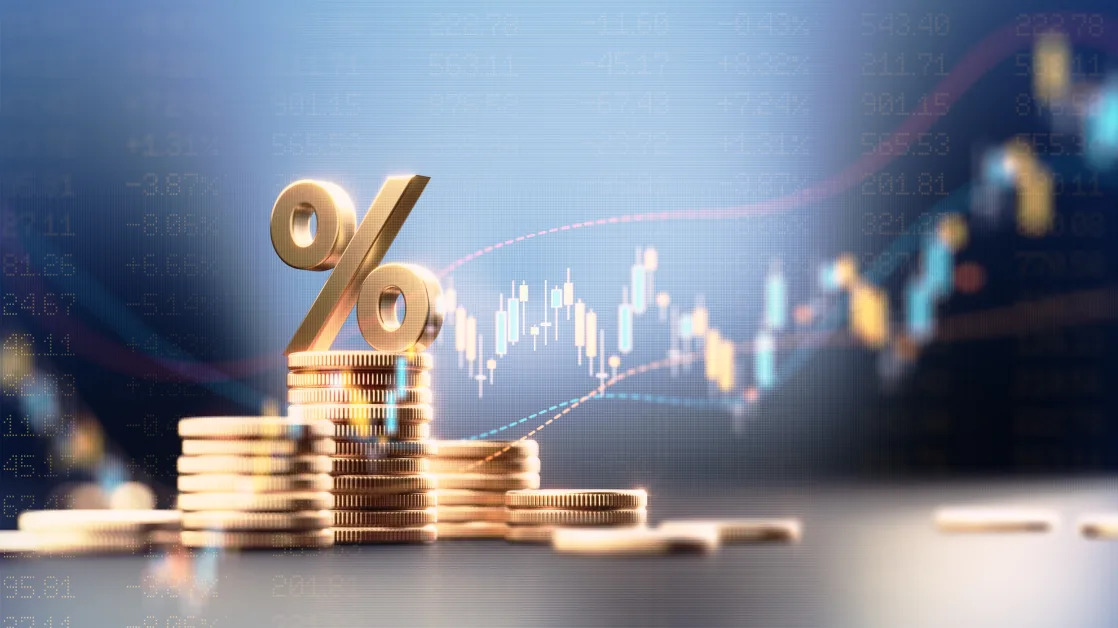This story was originally published on CFO Dive . To receive daily news and insights, subscribe to our free daily CFO Dive newsletter .
Dive Brief:
Dive Insight:
U.S. companies last quarter scrambled to boost their stock of foreign-made goods before President Donald Trump on April 2 announced sweeping import duties, including 10% baseline tariffs on scores of U.S. trade partners and 145% duties on goods from China. Trump set a 90-day reprieve on high reciprocal tariffs on April 9.
“A period of stagnation now likely lies ahead if the current set of tariffs is maintained, with recession the most likely outcome if the additional reciprocal tariffs are imposed in full in July,” Allen said in a note to clients. GDP growth on an annual basis will probably slow by Q4 to less than 1%, he said.
In another release of gloomy economic data, the core personal consumption expenditures price index, which excludes volatile food and energy prices, rose 3.5% during the first quarter , well above the Federal Reserve’s 2% goal, the Commerce Department said. Last month there was no change to core PCE.
Trump, who took office on Jan. 20, blamed former President Joe Biden for negative economic news.
“ Our Country will boom, but we have to get rid of the Biden “Overhang.” This will take a while, has NOTHING TO DO WITH TARIFFS, only that he left us with bad numbers, but when the boom begins, it will be like no other. BE PATIENT!!!” Trump said Wednesday on social media .
Expectations among consumers, who account for nearly 70% of economic growth, do not bode well for GDP, with a Conference Board gauge of household expectations plummeting this month to a 13-year low .
“ The three expectation components — business conditions, employment prospects and future income — all deteriorated sharply, reflecting pervasive pessimism about the future,” Stephanie Guichard, senior economist for global Indicators at the Conference Board, said Tuesday in a statement.
The share of consumers expecting job openings to decline during the next six months rose to 32.1%, nearly as high as in April 2009 during the Great Recession, Guichard said. Also, expectations for future income turned negative for the first time in five years.
The data aligned with findings in a survey released Friday by the University of Michigan.
Slammed by high tariffs, consumer expectations fell 32% this year through April in the sharpest drop since the 1990 recession, the university said . Expectations for inflation in a year rose from 5% last month to 6.5%, the highest level since double-digit inflation in 1981.





